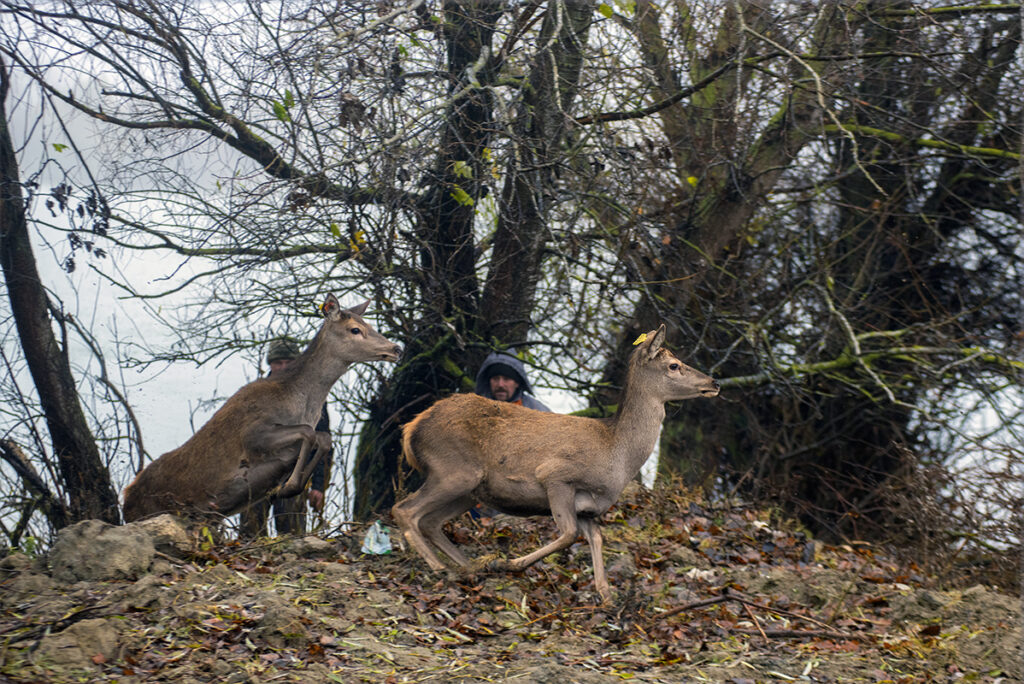2020 was not an easy year and you have probably also suffered from it in one way or another. The work and lives of our team were disturbed significantly, starting from few team members got sick with the COVID-19 and following the quarantine restrictions such as closed borders, many bureaucratic obstacles, ban on public events like festivals, education campaigns, press-tours and else.
People in the region and around the world feel depressed, frustrated and helpless. But we feel that despite these or even because of all these our rewilding efforts are more important than ever. Nature needs recovery to support our world, but also, we need to restore the connection with wild nature to feel more healthy, stable and happy. And last but not least, in these hard times, we really need good news to stay positive and active.
Looking back over the past year we can still say that many of our efforts were successful and together with your support and in active collaboration with many different partners and stakeholders we managed to make the Danube delta a wilder place where nature and people can thrive. Thank you very much for sharing the rewilding philosophy and let’s enjoy together the highlights of the ending year in the Danube Delta.
1. Kulan comeback: wild donkeys set to roam free in Tarutino steppe
A herd of 20 kulans was translocated in spring 2020 to the Tarutino Steppe in Ukraine – one of the last remaining steppe areas in Ukraine and Europe. The animals will eventually be allowed to roam free on the steppe next year, returning to an environment where they have been absent for hundreds of years. They will enhance biodiversity, reduce wildfire risk and boost nature-based tourism in the region. Read more and watch the video.
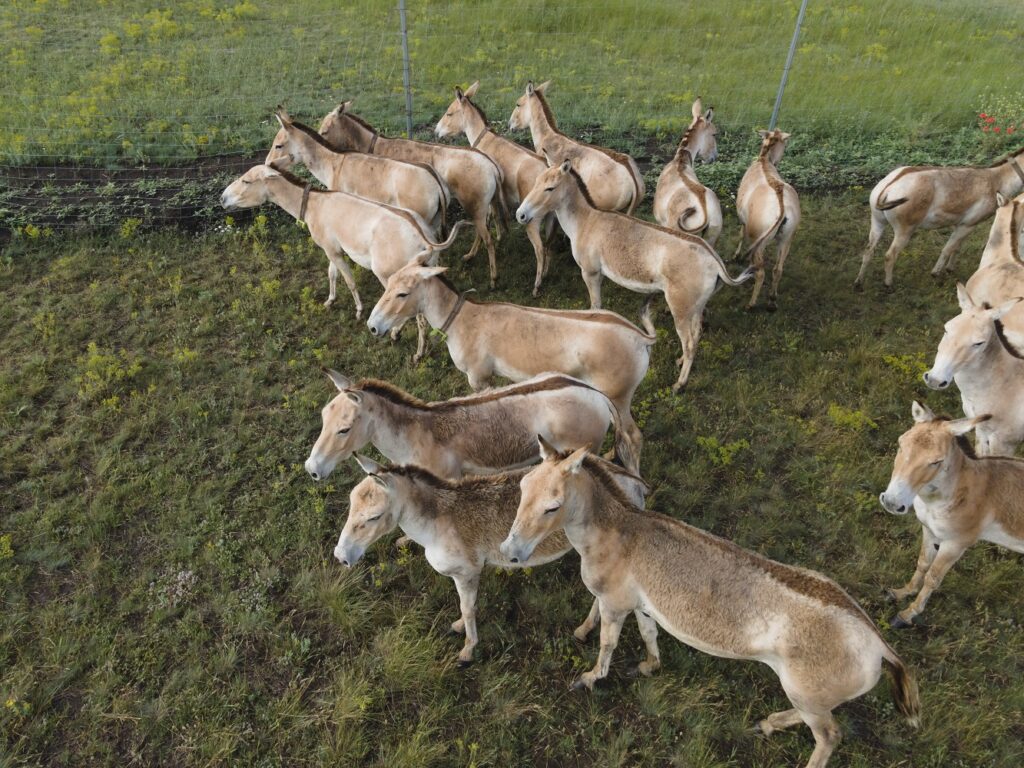
2. 40 wild horses from Latvia settled on two islands in the delta
A herd of 20 Konik horses was released in December onto Ermakov Island in the Ukrainian part of the Danube Delta. Following the translocation of 23 horses and 17 water buffalos to the island last year, this new group will further enhance wild nature through their grazing and browsing. The second herd of 20 animals settled in the outer Delta on the Kubanu island, also on the territory of the Danube Biosphere Reserve. Read more and watch the video.
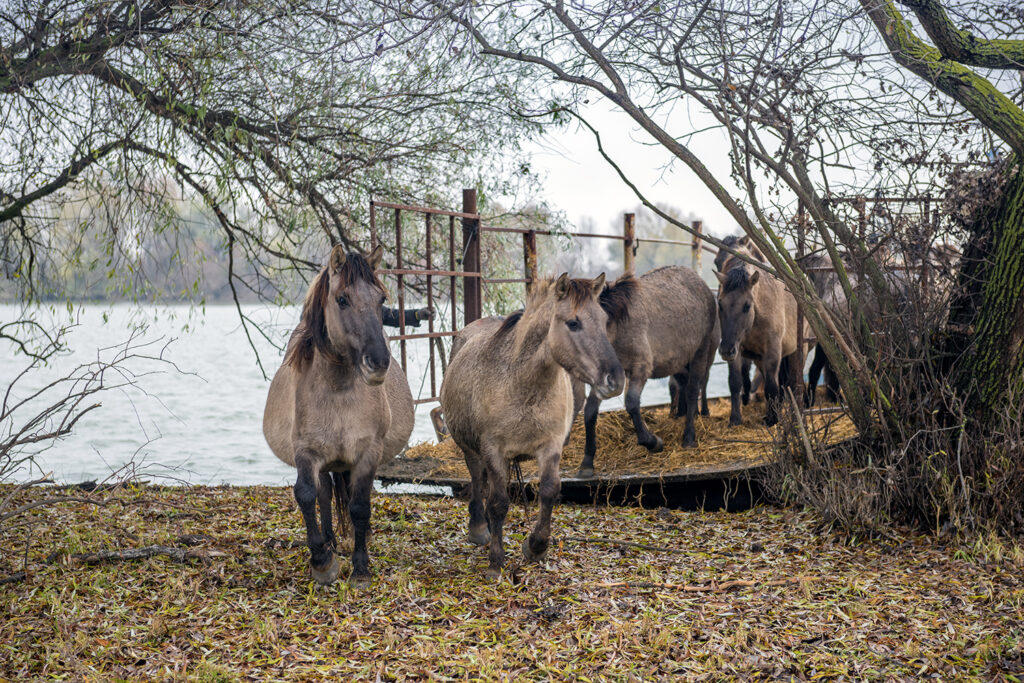
3. Wetlands restoration: Kartal lake was reconnected to the Danube and other lakes
Pipes were laid through a dyke separating Kartal and Kugurluy lakes, restoring water exchange. The second phase of the wetlands restoration works comprises the cleaning of natural channels between Lake Kartal and Lake Kagul, and between Lake Kartal and the River Danube. This will see restored natural processes continue to rejuvenate the lake and its diverse wildlife populations and thereby support the development of nature-based tourism. Read more.
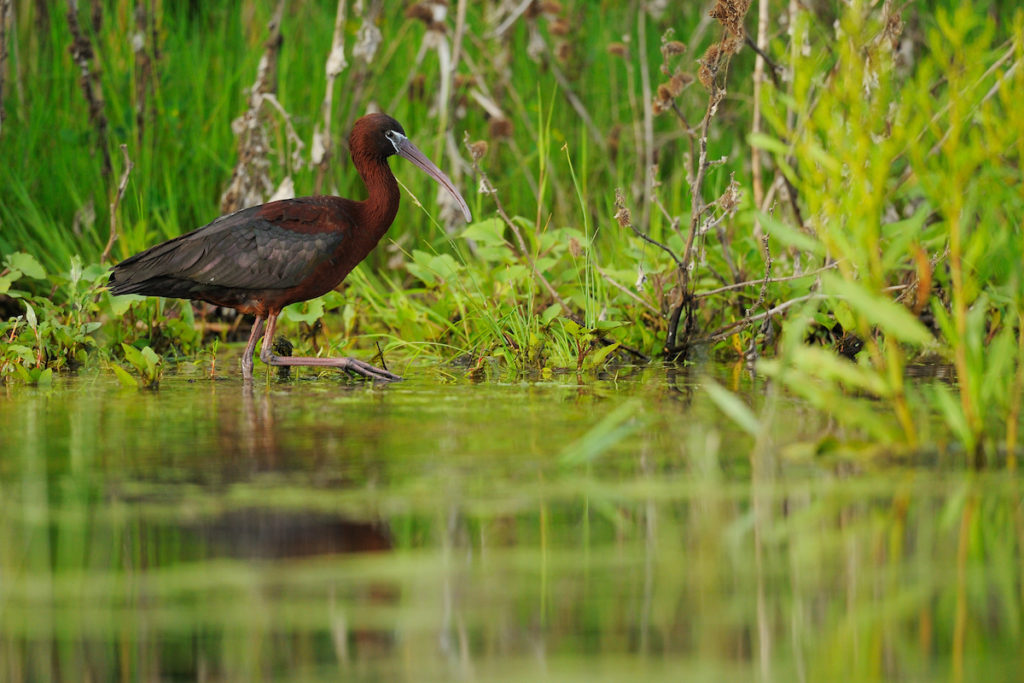
4. Eagle owl reintroduction programme complements Danube Delta food chain
Three juvenile eagle owl, hatched in the Odessa Zoo, were released in the Ukrainian part of the Danube Delta in summer, following the translocation of the first bird last year. The reintroduction programme will see a total of 20 birds released over the next three years, with the aim of re-establishing a viable Danube Delta eagle owl population to boost trophic complexity in the region. Read more and watch the video.
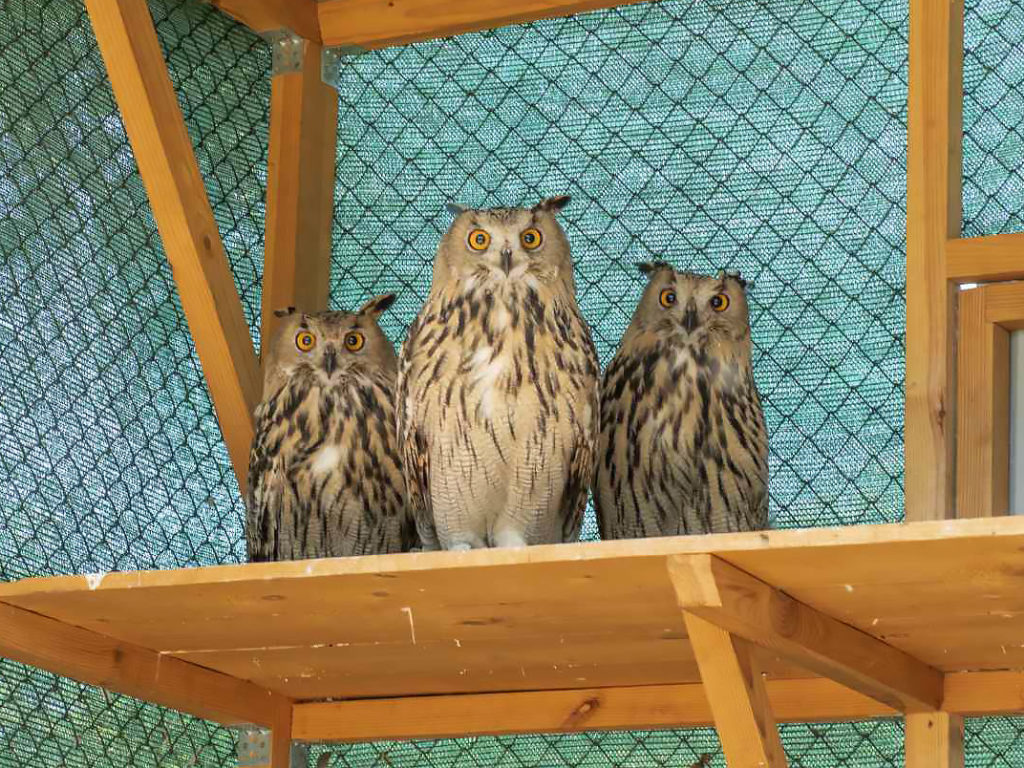
5. Red deers and fallow deers settled on Ermakov island
At the beginning of December, 4 red deers and 12 fallow deers were released on the Ermakov island in the Danube Biosphere Reserve as part of a rewilding partnership between Rewilding Ukraine and the island’s concessioners, Ermak Ltd. The mission of animals is to complete the composition of large fauna in the Danube Delta, diversify the natural grazing process on the island. More animals will join herds soon. Read more and watch the video.
